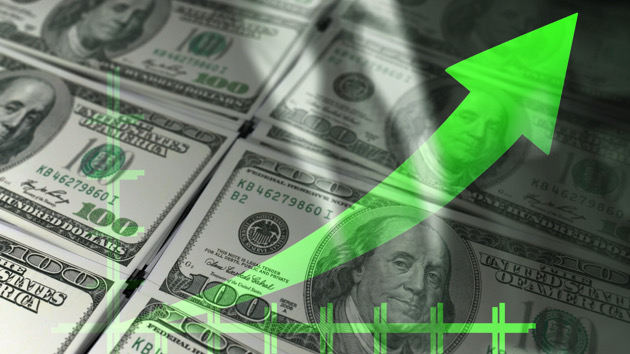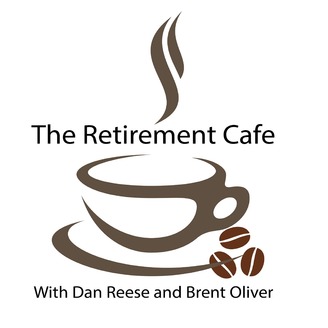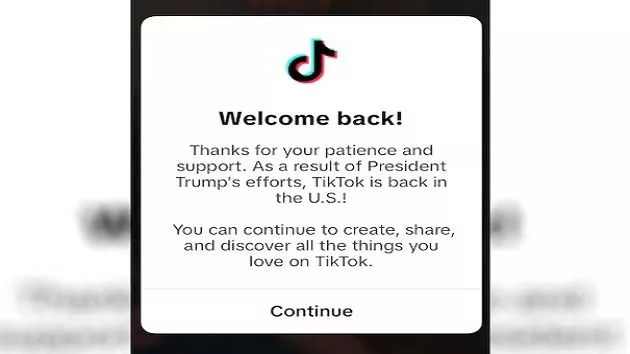
(NEW YORK) — Lower-than-expected inflation rates last week sent the S&P 500 soaring to its highest level in three months, reflecting optimism that price increases have peaked as businesses and consumers seek relief from budget-busting costs.
While still elevated, price hikes last month waned from the near-historic pace reached in June, according to a release from the Bureau of Labor Statistics on Wednesday. The consumer price index, or CPI, rose 8.5% over the past year as of July, a marked slowdown from a 9.1% year-over-year rate measured in June, the bureau said.
Moreover, the inflation rate saw a 0% rise on a monthly basis in July, after rising 1.3% on that measure in the month prior.
Previous optimism about inflation, however, has proven misguided. Before last month, the problem that most Americans consider their top economic priority had reached its most dire level.
Still, progress on the supply-demand imbalance that sits at the root of price increases suggests that the U.S. has reached peak inflation, economists told ABC News. An easing of supply chain bottlenecks has coincided with an aggressive series of borrowing cost increases from the Federal Reserve, which could very well have slowed the economy and slashed demand, they said.
“We’re getting relief on the global supply stage,” David Rosenberg, founder of Rosenberg Research and former chief economist for North America at Merrill Lynch, told ABC News. “On top of that, we’re seeing disruption of demand.”
“Why on earth would you think inflation will go up?” he added, citing the firm commitment to raise interest rates expressed by Fed Chair Jerome Powell.
But economists differed sharply in their assessment of how much the supply-demand imbalance has been resolved, and in their expectations for how much inflation will fall. And even as price hikes slow down, some costs for consumers, like rent, and for businesses, like wages, will persist at elevated levels, economists cautioned.
They also warned that inflation could take a turn for the worst if the global economy suffers a shock, such as a significant escalation of the war between Russia and Ukraine or a more infectious strain of COVID-19.
“The pandemic is kind of like Lucy with the football,” Martha Olney, an economist at the University of California, Berkeley, told ABC News. “We keep pretending that this time we’ll kick the football. We keep pretending that this time the pandemic is over.”
Like many economic problems, inflation largely owes to an imbalance between supply and demand.
As the pandemic eased, a surge in demand for goods and services followed a pandemic-induced flood of economic stimulus. Moreover, that stimulus brought about a speedy economic recovery from the March 2020 downturn, triggering a hiring blitz.
But the surge in demand far outpaced supply, as COVID-related bottlenecks slowed delivery times and infection fears kept workers on the sidelines. In turn, prices and wages skyrocketed, prompting sky-high inflation.
Signs point to an easing of these fundamental forces behind price increases, however, Jeffrey Roach, the chief economist at LPL Financial, told ABC News. Import prices fell in July for the first time in seven months, suggesting that supply chain bottlenecks are loosening up, according to data released by the Labor Department on Friday.
Meanwhile, the economy has seen a decline in demand for some key products like gasoline, which on Thursday fell below $4 per gallon on average nationwide for the first time since March. Many economists expect that overall demand will fall in the coming months, as the Fed pursues rate hikes aimed at slowing down the economy.
“Aggregate demand is slowing down, and supply chains are improving,” Roach said. “The market is pretty happy we’re at that inflection point.”
But it remains to be seen just how much supply and demand have balanced out, Olney, of the University of California, Berkeley, said. She questioned whether Fed rate hikes have reduced consumer demand, with the exception of a slowdown in construction that shows appetite in the housing market has waned. “I think the jury is out,” she said.
Beyond supply and demand, inflation expectations among consumers and businesses can also impact the trajectory of price hikes, Olney added. Perception helps drive the prices that companies will put forward and consumers will tolerate.
Data on consumer price expectations has shown improvement over the last couple of months. A widely observed measure of consumer sentiment, published by the University of Michigan, markedly increased last month, indicating that inflation fears have eased somewhat, according to a report released on Friday.
Nevertheless, even as inflation declines, price increases for some goods will likely remain elevated or even speed up, Roach, of LPL Financial, said. One such expenditure, rental costs, will stay sky-high over the near term in part because customers sign leases that lock them in at prices for a year or longer. “Folks don’t reset rental costs as frequently as the store can reset milk prices,” Roach said.
High labor costs for businesses will also likely endure, Michael Pugliese, an economist at Wells Fargo Securities, told ABC News. The economy showed unusually strong hiring last month, along with elevated wage increases that saw hourly earnings go up 5.2% on a yearly basis. Those wage hikes are “still well above what prevailed before the pandemic,” Pugliese said.
The economists, including Pugliese, described the inflation data released this week as a welcome development but said more evidence will be necessary to show that a sustained, significant decline in inflation has begun.
In a report he wrote about the new inflation data, Pugliese used the subtitle, “A Journey of a Thousand Miles Begins with a Single Step.”
“We got the first step,” he said.
Copyright © 2022, ABC Audio. All rights reserved.







